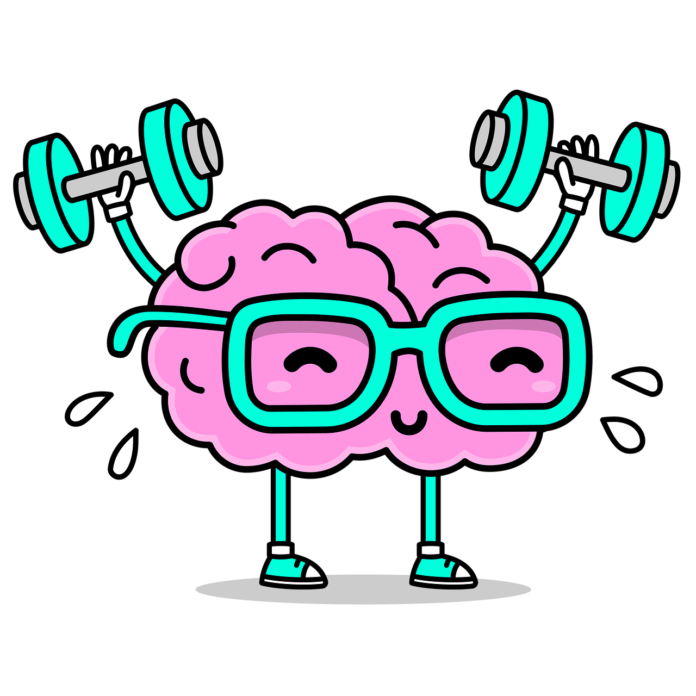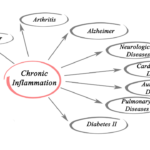Impact-Site-Verification: dd60c004-56ff-4a37-97e2-0c65b38c171e
The Surprising Link Between Gut Health and Parkinson’s Disease: How B Vitamins Could Play a Crucial Role
Introduction: Parkinson’s disease is a progressive neurological disorder that affects nearly 10 million people worldwide. Characterized by symptoms such as tremors, muscle rigidity, and cognitive decline, Parkinson’s disease has long puzzled researchers.
However, recent studies have shed light on an unexpected connection that could pave the way for new treatments: the gut-brain axis and the role of B vitamins.
The Gut-Brain Connection: For years, scientists have suspected that the gut and brain communicate in ways that significantly impact our health. This gut-brain axis is now believed to play a crucial role in the development of Parkinson’s disease.
A groundbreaking study conducted by Hiroshi Nishiwaki and his team at Nagoya University has identified specific gut microbes that may be involved in Parkinson’s and linked them with decreased levels of essential B vitamins, riboflavin (B2) and biotin (B7).
The Study: Nishiwaki’s research involved analyzing fecal samples from 94 Parkinson’s patients and 73 healthy controls in Japan, with comparative data from China, Taiwan, Germany, and the US. Despite regional differences in gut bacteria, a common theme emerged: changes in gut bacteria were associated with reduced levels of riboflavin and biotin.
Why B Vitamins Matter: Riboflavin and biotin are crucial for various bodily functions, including maintaining a healthy nervous system. The study found that a deficiency in these vitamins was linked to a decrease in short-chain fatty acids (SCFAs) and polyamines, which are vital for creating a healthy mucus layer in the intestines.
This weakened mucus layer increases intestinal permeability, exposing the intestinal nervous system to harmful toxins such as pesticides and herbicides. Previous studies have indicated that earlier exposures to toxic chemicals like pesticides and herbicides are a risk factor for developing Parkinson’s Disease.
Environmental Toxins and Parkinson’s Disease: These toxins can lead to the overproduction of α-synuclein fibrils, which accumulate in dopamine-producing cells in the brain. This accumulation, along with increased nervous system inflammation, contributes to the motor and cognitive symptoms of Parkinson’s disease.
Potential Treatments: The findings suggest that supplementation with riboflavin and biotin might help restore some functions in Parkinson’s patients, particularly those with gut dysbiosis.
Interestingly, a 2003 study showed that high doses of riboflavin improved motor functions in patients who also eliminated red meat from their diets. This indicates that high doses of these vitamins may prevent some of the damage caused by Parkinson’s disease.
Personalized Approaches: Given the complexity of Parkinson’s disease, not all patients experience the same underlying causes. Personalized treatment approaches, including gut microbiota and fecal metabolite analyses, could identify specific deficiencies and allow for targeted supplementation of riboflavin and biotin.
Broader Implications: Beyond individual treatment, ensuring a healthy gut microbiome and reducing exposure to environmental toxins could offer protective benefits against Parkinson’s disease. This holistic approach underscores the importance of natural wellness practices in managing and potentially preventing this debilitating condition.
Conclusion: As we continue to explore the intricate interactions between our gut and brain, we move closer to uncovering effective treatments for Parkinson’s disease. Maintaining a balanced diet rich in B vitamins, fostering a healthy gut microbiome, and minimizing exposure to environmental toxins are vital steps in this journey.
Stay informed about the latest research and wellness tips to support your health naturally. For more insights and updates, don’t forget to subscribe to our blog.
Call to Action: If you found this article helpful, please share it with others who might benefit from this information. Join our community for more articles on natural health and wellness.
By addressing the gut-brain connection and the role of B vitamins in Parkinson’s disease, we can take significant steps toward better understanding and managing this complex condition.
Resources
https://www.nature.com/articles/s41531-024-00724-z
https://www.nih.gov/news-events/news-releases/nih-study-finds-two-pesticides-associated-parkinsons-disease#:~:text=New%20research%20shows%20a%20link,more%20often%20than%20non%2Dusers.
https://www.medicalnewstoday.com/articles/in-conversation-why-parkinsons-research-is-zooming-in-on-the-gut#Why-look-to-the-gut?








